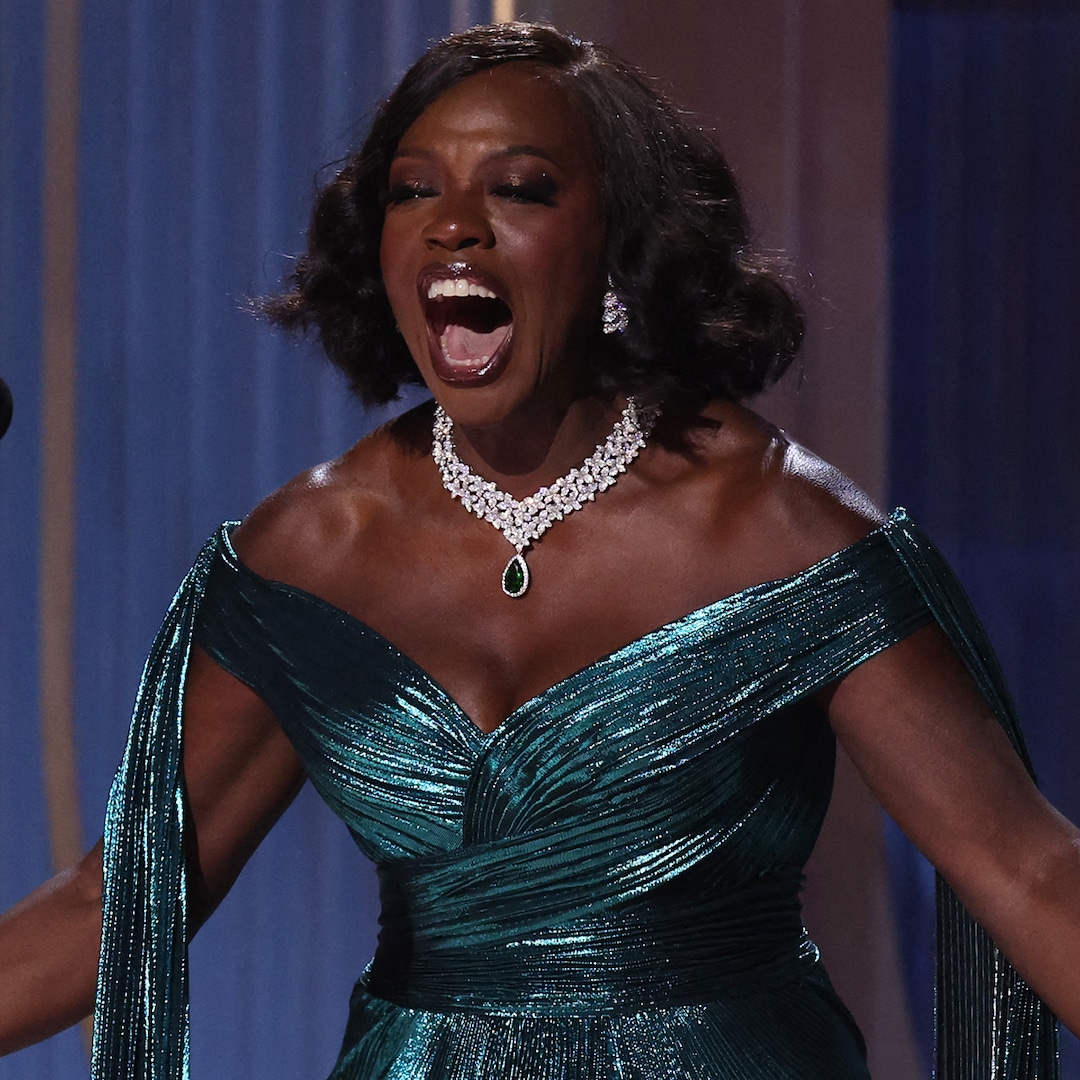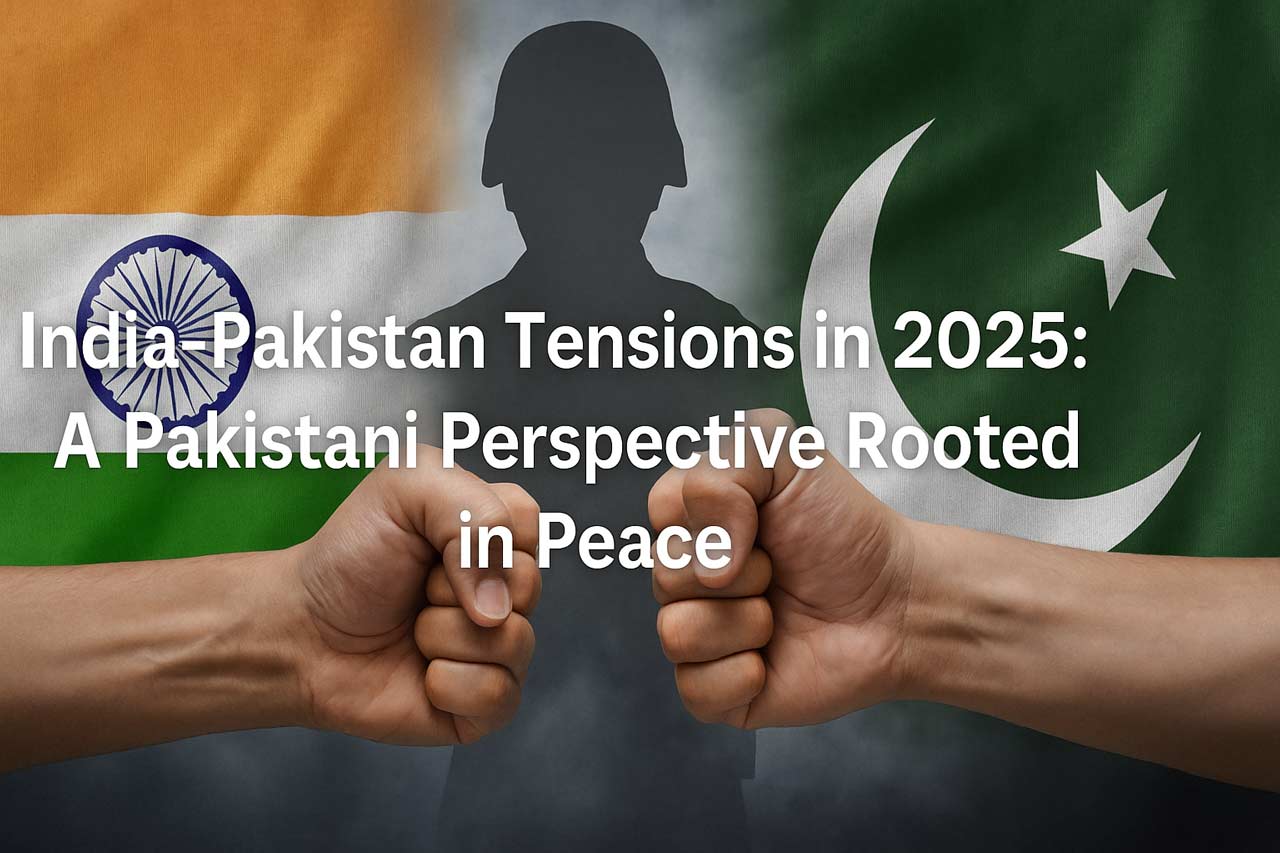Chea Mony: Leader of Cambodia's new opposition party
The former union leader is brother of a labor organizer gunned down in 2004.

It was in his first job as a teacher 30 years ago that Chea Mony, who last month became head of Cambodia’s newest opposition party, got involved in activism.
Together with another young math teacher, Rong Chhun — who later became a prominent labor activist — they formed a teachers' union to combat what they viewed as injustices at the school.
“We were called ‘democratic teachers,’” Chea Mony, 55, told Radio Free Asia in an interview.
“I did not like corruption. I did not like to see an exploitation of our schoolteachers’ hours,” he said. “I did not like to see the students having to cross a river to go to school, and when they did not have the money to pay the boat fares, they were not allowed to take the boats to school.”
“Because of that, we organized a protest,” he said.
Chea Mony went on to become a leader of the Cambodian Independent Teachers Association, or CITA, which he founded with Rong Chhun. It worked closely with the Free Trade Union of Workers of the Kingdom of Cambodia, led by his brother Chea Vichea.

After Chea Vichea, a popular union labor organizer and outspoken critic of former Prime Minister Hun Sen, was gunned down by an unknown assailant in 2004, the workers’ union elected Chea Mony as president.
Now, he faces the greatest challenge of his life as president of the National Power Party, or NPP, formed in 2023 to oppose the ruling Cambodian People’s Party, or CPP, led by Prime Minister Hun Manet, son of longtime ruler Hun Sen.
Squashing opposition
For years, the CPP has acted to suppress any political opposition.
In 2017, the country’s top court dissolved the main opposition party, the Cambodia National Rescue Party. The subsequent opposition Candlelight Party was barred from participating in 2023 elections on a technicality.
Police have arrested activists and political opponents — including Sun Chanthy, the NPP’s previous chief, who was jailed on incitement charges.
RELATED STORIES
Police arrest 3 Cambodian opposition party members
Labor leader remembered 20 years after his assassination
Candlelight Party tries to win over Nation Power Party
Government-aligned unions sue Chea Mony over ‘appeal’ for sanctions against Cambodia
“I have many years of experience as a civil society leader, and my struggle is fighting for freedom, for the benefit of justice,” he said.
”So, for me as the current leader of the National Power Party, I am not paying attention to [anything else] because my struggle is to focus on freedom and people, and it is not illegal [to do so]."
The NPP contested in Cambodia’s 2024 senate elections and the 2024 provincial elections, but none of its candidates won seats.
Humble roots
Born in Kratie province, in eastern Cambodia, Chea Mony grew up in Kandal province, which surrounds Phnom Penh, with his four brothers and two sisters.
His father was a former civil servant during the Sangkum Reastr Niyum period, also known as the First Kingdom of Cambodia from 1955 to 1970 when Prince Norodom Sihanouk ruled.
His mother, a housewife, died of an illness when he was young.
His father was killed in 1976 by the Khmer Rouge, the radical communist movement that ruled Cambodia from 1975 to 1979 and killed an estimated 2 million people through overwork, starvation or executions.

After he graduated with a degree in chemistry from the Royal University of Phnom Penh in 1993, he taught at Hun Sen Saang High School in Saang district of Kandal province until 2000, when he transferred to Boeung Trabek High School in Phnom Penh.
That was where he met Rong Chhun, who became chairman of the teachers’ union they founded, CITA.
“Rong Chhun and I have the same character,” Chea Mony said. “We do not like oppression, exploitation and violation of rights.”
During the late 1990s and early 2000s, CITA and the Free Trade Union of Workers of the Kingdom of Cambodia engaged in many demonstrations to demand higher wages for teachers and factory workers, and to pressure the government to respect human rights.
Though his nonviolent activism resulted in dozens of lawsuits, authorities never arrested him.
“We are the union leaders; we have to sue for justice [for the workers],” he said. “I've always [led] strikes [by] demanding that a labor court to resolve labor disputes,” he said. “It is better to take the labor case to an arbitration tribunal.”
2017 lawsuit
One of the most significant lawsuits against Chea Mony was filed by 120 pro-government unions in late 2017.
They accused him of inciting the European Union and the United States to inflict economic sanctions against Cambodia after Chea Mony gave an interview to RFA about the impact of such sanctions on government and factory workers, if imposed.

This occurred after Hun Sen repeatedly invited the international community to immediately impose sanctions on his regime. The court proceeded quickly, deciding to summon and charge Chea Mony, who instead fled abroad to escape harassment by the court.
The case was dropped after Cambodia's Labor Ministry settled it outside the court, following intervention by the International Labor Organization and a request by major garment buyers that the government drop the charges against Chea Mony and other union leaders.
Rong Chhun, also 55, who is now an adviser to the NPP, described Chea Mony as a liberal and strong-willed advocate for democracy and respect for human rights.
“He is also a sharp advocate, strong in the face of adversity, when leading demonstrations and strikes,” he said.
Rong Chhun was granted conditional release from jail in September, but he cannot travel or participate in political meetings and must keep authorities informed of his whereabouts.
Chea Mony, who is married and has a daughter and a son, said that his new role is a heavy burden for him, but he is determined to do a good job.
Translated by Sum Sok Ry for RFA Khmer. Edited by Roseanne Gerin and Malcolm Foster.
This article has been sourced from various publicly available news platforms around the world. All intellectual property rights remain with the original publishers and authors. Unshared News does not claim ownership of the content and provides it solely for informational and educational purposes voluntarily. If you are the rightful owner and believe this content has been used improperly, please contact us for prompt removal or correction.












